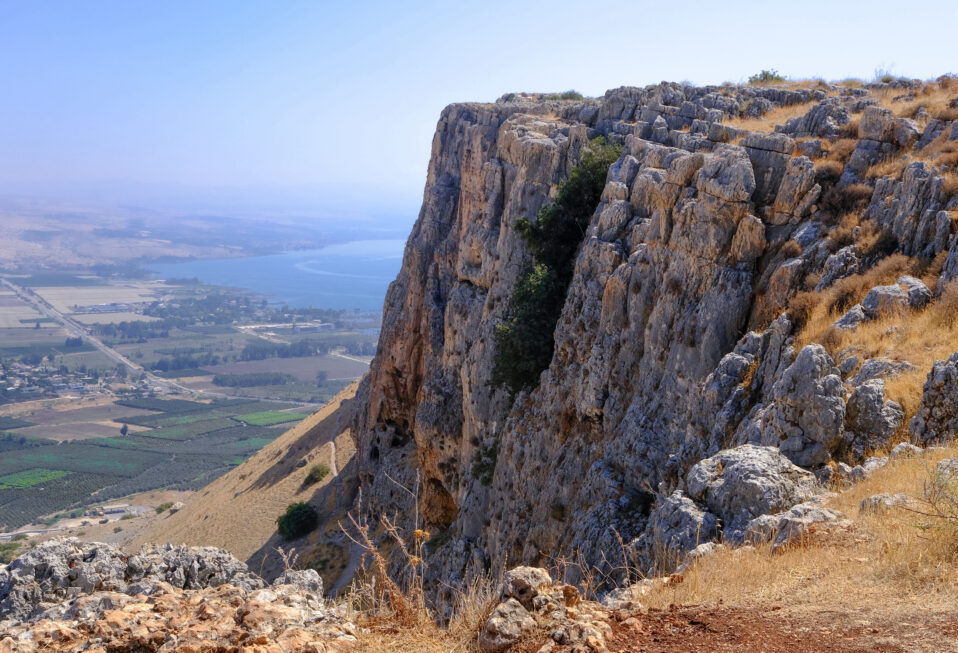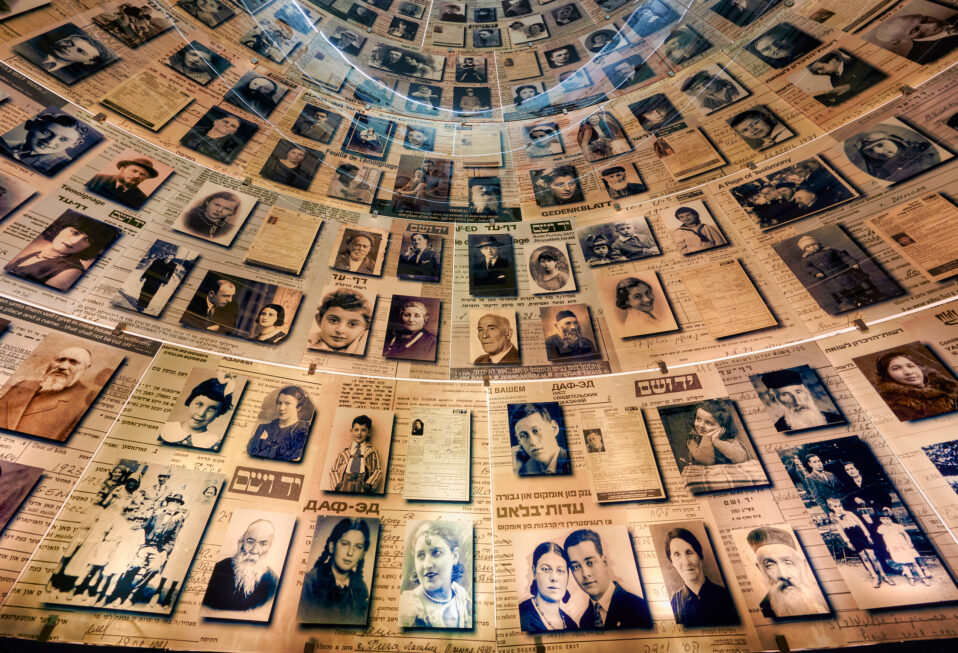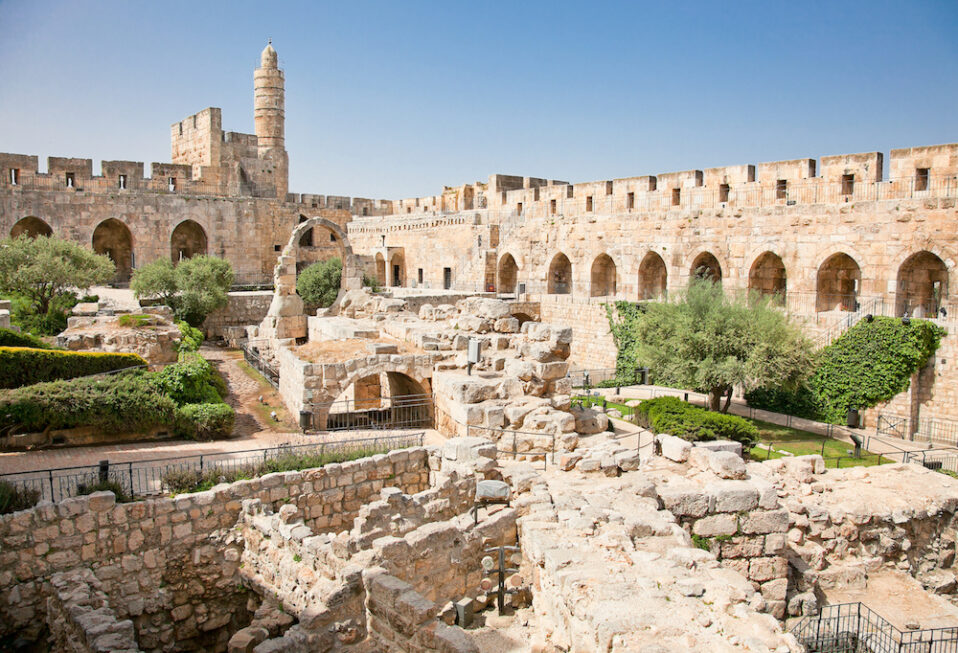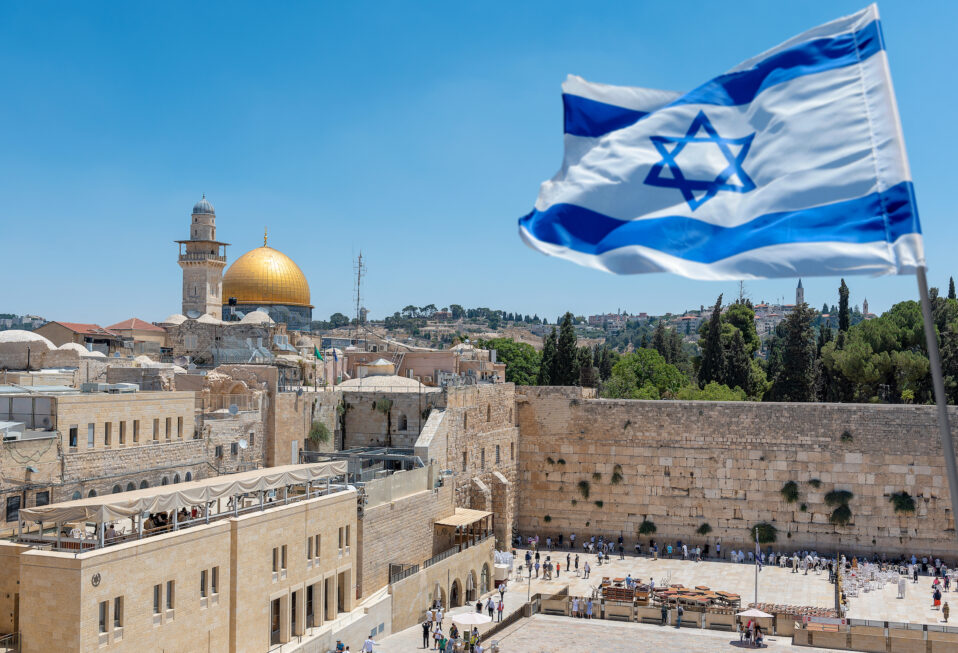By Arlene Bridges Samuels
A heat wave is hovering over many parts of the globe, and the words food insecurity are popping up like unwelcome weeds. Although we cannot control the weather, we can take sensible steps to protect the earth and help poor nations to survive. Israel pioneered survivor solutions even before God established its modern state in 1948. Jews began returning to their ancestral homeland in the 19th century—and when they stepped on the shores of their native land, they got underway with backbreaking work in the desolate, mostly arid region. The early Jewish pioneers faced daily battles with the adversaries of malaria, mosquitos, and minimal resources.
Hanson Ely, a decorated World War I general, made a statement about military battles that also applies to Israel’s agricultural pioneering—and to all of life’s challenges: “Men must be trained that when they have been in battle for days and nights, when perhaps they have been badly handled by the enemy and have had heavy casualties, yet when the signal comes to go they will go again to the limit of their endurance. … It is the last five percent of the possible exertion that often wins the battle … not the first attack nor the second or the third, but it was that last straggling fourth attack. … Battles are won by remnants, remnants of units, remnants of material, remnants of morale, remnants of intellectual effort.”
The Bible’s Old Testament frequently mentions the word and concepts of a remnant. Isaiah 37:31-32 predicted that, “Once more, a remnant of the house of Judah will take root below and bear fruit above. For out of Jerusalem will come a remnant, and out of Mount Zion a band of survivors. The zeal of the LORD Almighty will accomplish this.”
Against all odds, the early Jewish remnants of the Diaspora—the five percent, so to speak—resulted in Israel (despite its small size) creating outsized food and water innovations for its own population and providing food and water solutions worldwide. Today, Jerusalem and Tel Aviv rank an enviable fourth in the world for agriculture technology (AgTech) startups.
The following examples show that Israel simultaneously makes its own land bloom and benefits other countries and businesses. Dganit Vered, CEO of Smart Agro Fund, explains that 350 Israeli ag-tech startups lead the world in precision irrigation, wastewater reuse, and seed breeding. The CEO’s name is fitting; dganit is a flower that grows near grain fields, and vered is a rose.
CEO Vered cites PepsiCo, which uses N-Drip—an Israeli gravity-powered micro irrigation system in 60 countries to grow 25 different crops. Among other benefits, N-Drip improves the efficiency of water in PepsiCo’s seven million acres of farmland and gives jobs to more than 250,000 people in its agricultural supply chain. This applies both to farmers with one-acre plots and those with huge farms.
Founded in 1965 and pioneered at Kibbutz Hatzerim, Netafim irrigation took hold across the world, with 5,000 employees in 110 countries. Its drip irrigation has been used in over 10 million hectares (nearly 25 million acres) of land. Before it was sold in 2017, Netafim had produced over 150 billion drippers. More than two million farmers benefitted across the globe, whether with potatoes in Italy, sugar cane in Mexico, tomatoes in Azerbaijan, melons in Vietnam, or corn in the United States. General estimates indicate that Israeli drip irrigation technology uses 70 percent less water and increases harvests by 150 percent over traditional irrigation methods.
Another innovation addresses the endangered bee population. Israeli beekeepers developed BeeHero, matching beekeeping with technology. Using year-round SmartHive sensors, it vastly improves pollination and thus naturally aids in the growth of trees and flowers. Estimates show that the SmartHives have pollinated more than six million trees and 90 billion flowers over 45,000 acres. As pollinators, bees are essential for the world’s food supply.
Nuri Awel, an Ethiopian farmer, shares a superb story about Israel’s Fair Planet, a project that provides seeds, cutting-edge technology, and training to small farmers. The Ethiopian farmer at first hesitated to take advantage of the offered training, but after the seeds produced high-quality plants, the Israeli non-profit won a big fan! Nuri’s tomato crop doubled on his 1,000-square-meter plot (about a quarter of an acre). The increase and training enabled him to fix his home and send his son to college. He now buys his own seeds and has tripled the output of his crop.
When pioneers first immigrated (made Aliyah) to pre-state Israel to farm the land, they populated it with agricultural communes (kibbutzim). Kibbutzim remain important today. Israel’s desert farmers have cultivated their land with peppers, flowers, olive trees, and more. Uri Yogev, at Kibbutz Revivim in the southern Negev, decided to use brackish water to grow olive trees, which usually grow in plentiful rain and rich soil. After five years, his olive grove is the biggest in Israel and the only one in the world that’s cultivated with salt water. It now yields 200 tons of olives annually.
Israeli ingenuity is thriving in agricultural innovations both large and small. Their resourcefulness is proof of what Albert Einstein once said: “In the midst of every crisis, lies great opportunity.” Israelis have used their “share” of 24/7 crisis and now lead the world in opportunities and innovation. It is my hope that Israel’s accusers and detractors will join the many communities and countries across the world that are grateful for Israeli agricultural and water innovations.
Join our CBN Israel team this week by reflecting on Zephaniah 2:7 NIV, which affirms this fact: “That land will belong to the remnant of the people of Judah; there they will find pasture. In the evening they will lie down in the houses of Ashkelon. The LORD their God will care for them; he will restore their fortunes.”
Prayer Points:
- Pray with thanks for the Israeli example of using a crisis to create something good.
- Pray for leaders to use wise, productive ways to manage God’s beautiful earth.
- Pray especially for the world’s poor, who suffer the most from lack of food.
- Pray that helpful agricultural techniques might be managed with integrity.
Arlene Bridges Samuels pioneered Christian outreach for the American Israel Public Affairs Committee (AIPAC). After she served nine years on AIPAC’s staff, International Christian Embassy Jerusalem USA engaged her as Outreach Director part-time for their project, American Christian Leaders for Israel. Arlene is an author at The Blogs-Times of Israel and has traveled to Israel since 1990. She co-edited The Auschwitz Album Revisited and is a volunteer on the board of Violins of Hope South Carolina. Arlene has attended Israel’s Government Press Office Christian Media Summit three times and hosts her devotionals, The Eclectic Evangelical, on her website at ArleneBridgesSamuels.com.















